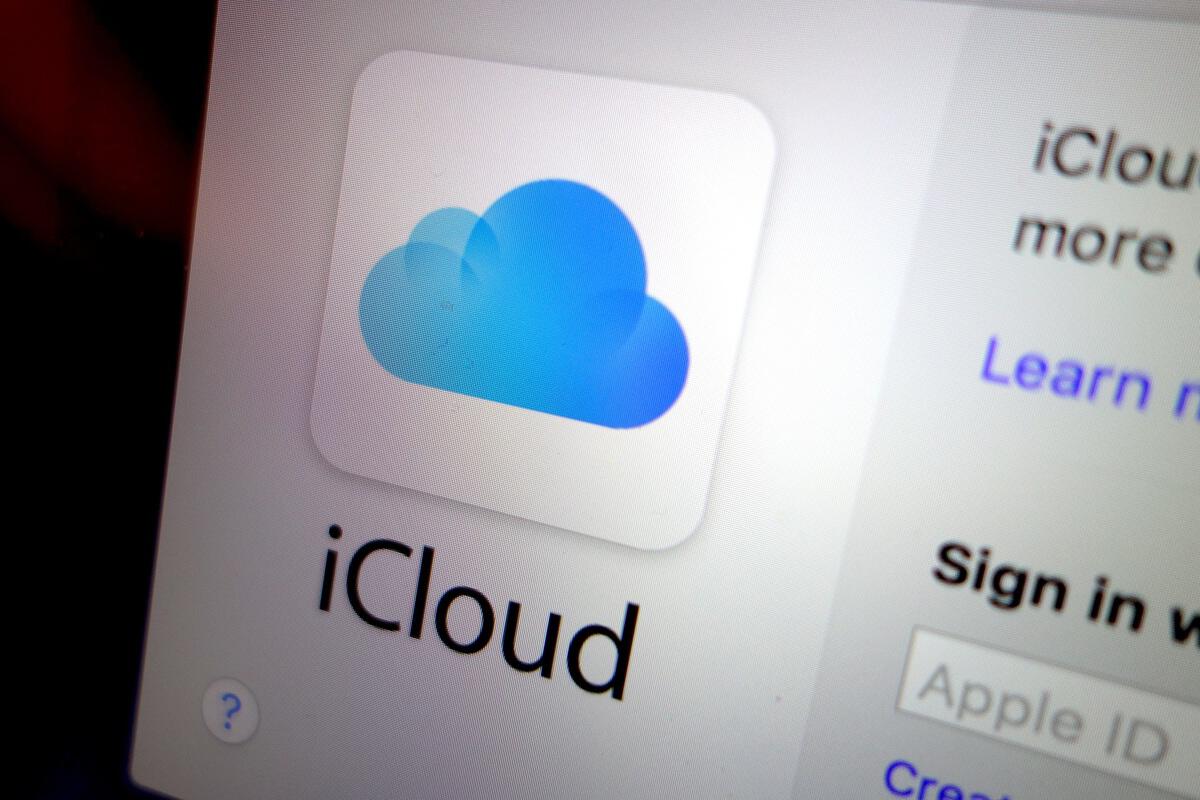Legislation revived to curb warrantless geolocation tracking

Credit to Author: John Ribeiro| Date: Thu, 16 Feb 2017 03:45:00 -0800
Members of Congress reintroduced bills that would place curbs on warrantless access by the government to electronically generated geolocation information of Americans, including on the use of cell-site simulators that can capture cellphone data.
A bill introduced Wednesday, called the Geolocation Privacy and Surveillance Act, aims to create clear rules for when law enforcement agencies can acquire an individual’s geolocation information, generated from electronic devices like smartphones, GPS units and Wi-Fi equipped laptops.
Another bill, the Cell Location Privacy Act of 2017, requires law enforcement, including local, state and federal agencies, to obtain a warrant for the use of cell-site simulators, with exceptions such as the use of the technology in emergencies or for foreign intelligence surveillance. It also imposes a fine or imprisonment of up to 10 years, or both, for any one knowingly using a cell-site simulator, except under certain exceptions like a warrant.
To read this article in full or to leave a comment, please click here






